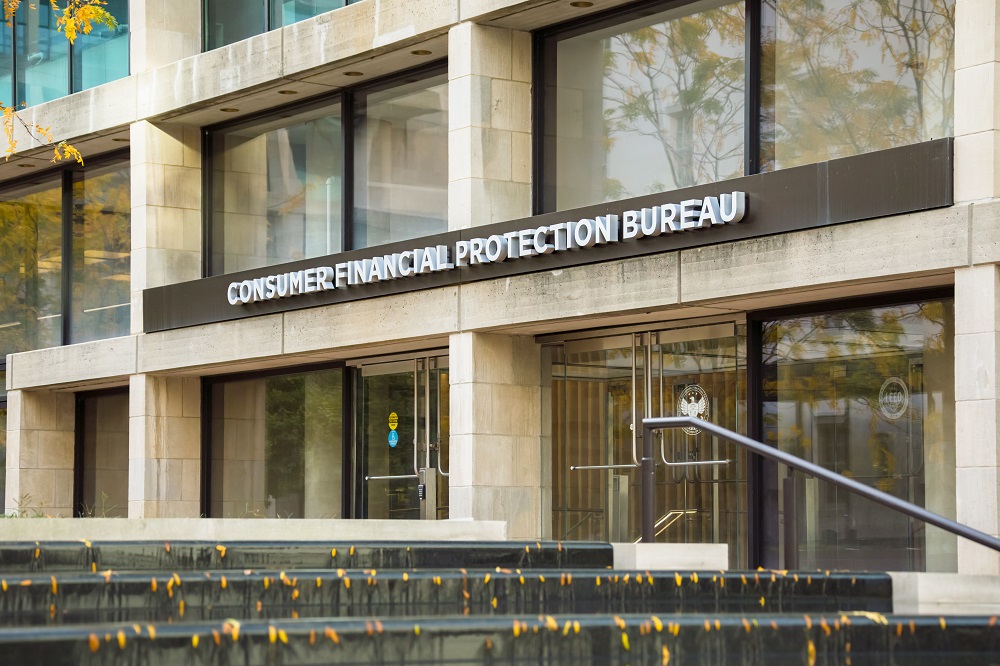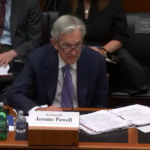The Consumer Financial Protection Bureau (CFPB) has released a special edition of its Supervisory Highlights that reports on unlawful junk fees uncovered in the mortgage servicing space, student loans, payday lending, and in financial institutions via deposit accounts. As described in the Supervisory Highlights, the CFPB continues rooting unlawful fees out of consumer financial markets.
“For years, junk fees have been creeping across the economy,” said CFPB Director Rohit Chopra. “Our report describes a host of illegal junk fee practices that the CFPB has uncovered across the financial services sector.”
The CFPB publishes Supervisory Highlights reports to promote transparency and to stop potentially unlawful practices, as well as to help educate families, advocacy groups, and other law enforcement agencies about these practices.
The CFPB’s prior supervision work led the agency to issue guidance in October 2022, on the longstanding problem of surprise overdraft fees. As of today, after the CFPB’s focus on surprise overdrafts, at least 20 of the largest banks in the United States, which hold 62% of the volume of consumer deposit accounts subject to the CFPB’s supervisory authority, do not charge surprise overdraft fees. Additionally, banks that the CFPB has examined thus far will refund roughly $30 million to about 170,000 account holders who were assessed surprise overdraft fees.
In the mortgage loan servicing sector, the CFPB recently identified illegal fees being charged in the mortgage servicing market, and, in November 2022, took action against a mortgage servicer for cheating homeowners out of CARES Act rights.
CFPB examiners have identified old and new ways that mortgage servicers attempt to run-up unlawful fees that are charged to homeowners. Specifically, CFPB examiners found that some mortgage servicers charged:
- Excessive late fee amounts: Mortgage servicers charged the top late fee amount allowed by relevant state laws, even when homeowners’ mortgage contracts capped late fee amounts below state maximums.
- Fees for unnecessary property inspections: Some servicers charged consumers $10 to $50 fees for every property inspection visit to addresses that were known to be incorrect. Servicers continued to pay inspectors to go to the known incorrect addresses and continued to charge consumers for those visits.
- Fake Private Mortgage Insurance (PMI) premium charges: Servicers included monthly PMI premiums that homeowners did not owe in their monthly statements.
- Failure to waive fees for homeowners entering some loss mitigation options: CARES Act mortgage forbearance covered not only a mortgage’s principal and interest but also stopped servicers from charging late fees during the period of forbearance. The U.S. Department of Housing and Urban Development (HUD) put further protections in place for homeowners that exited forbearance and went into permanent COVID-19 loss mitigation options, including waiving certain fees or other charges that accrued outside of forbearance periods. However, CFPB examiners found that some servicers failed to adhere to HUD’s additional protections, and charged homeowners late charges, fees, and penalties that should have been waived.
The CFPB also reported on the payday and title lending markets and illegal fees charged to consumers in that realm as well. Last year, the CFPB released a research report on free repayment plans offered in many states for payday loans that often go unused by borrowers. In July 2022, the CFPB filed a lawsuit against ACE Cash Express for concealing free repayment plans from its borrowers who ended up paying hundreds or thousands of dollars in unnecessary re-borrowing fees.
In this special edition of Supervisory Highlights, the CFPB reveals the ways that other short-term, high-cost payday and title loan lenders have been profiting off unlawful fees. Specifically, CFPB examiners found that payday and title lenders charged:
- Vehicle repossession and property retrieval fees: Some borrowers were charged repossession fees, as well as fees to retrieve personal property found in repossessed vehicles, which sometimes included lifesaving medical equipment. The borrowers’ loan agreements did not allow the lenders to charge these fees.
- Vehicles being repossessed with fees tacked on despite prior payment arrangements: Lenders that repossessed vehicles despite having entered into payment agreements with borrowers to allow them to avoid repossession. When borrowers went to reclaim their vehicles, they were forced to pay repossession fees as well as forced to refinance their debts—a practice which generally adds new costs to the initial title loan principal.
Click here to read more on the Supervisory Highlights Junk Fees Special Edition report.






